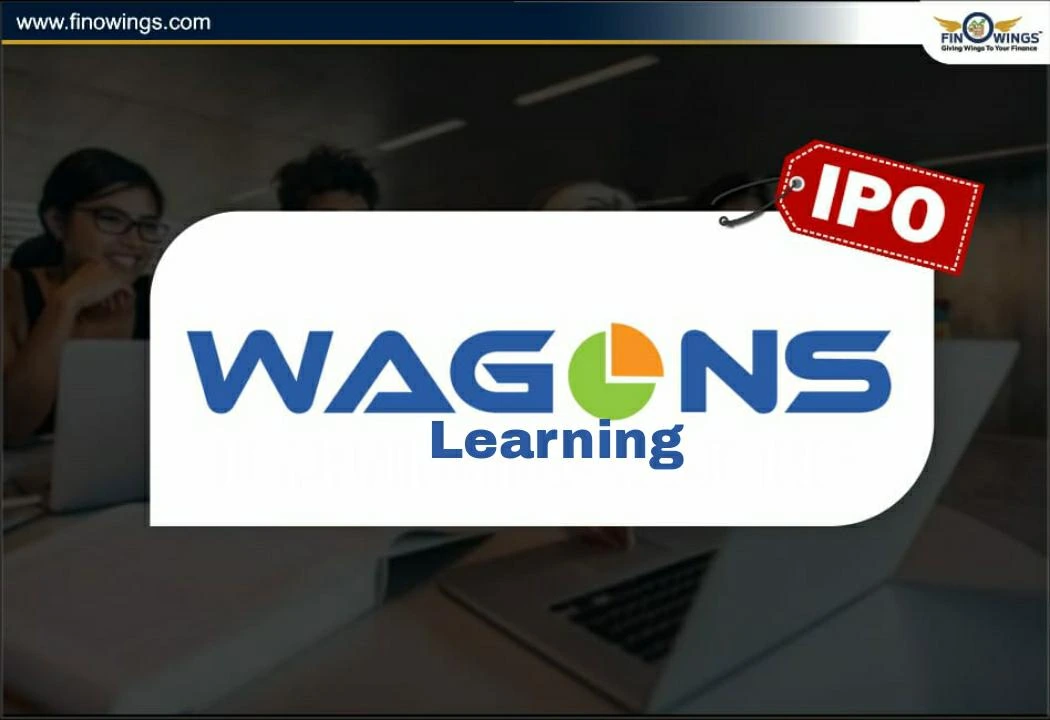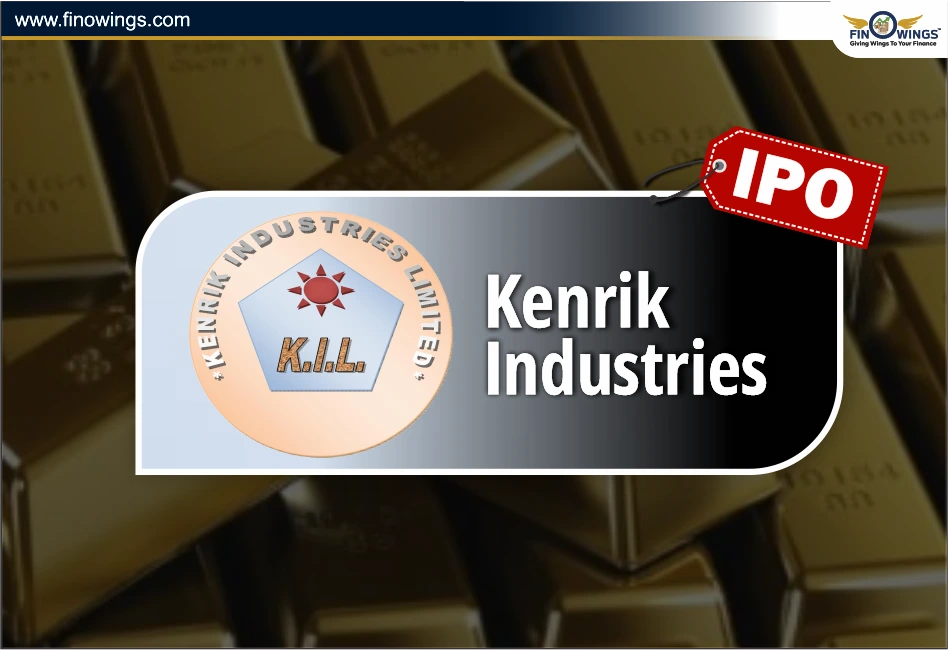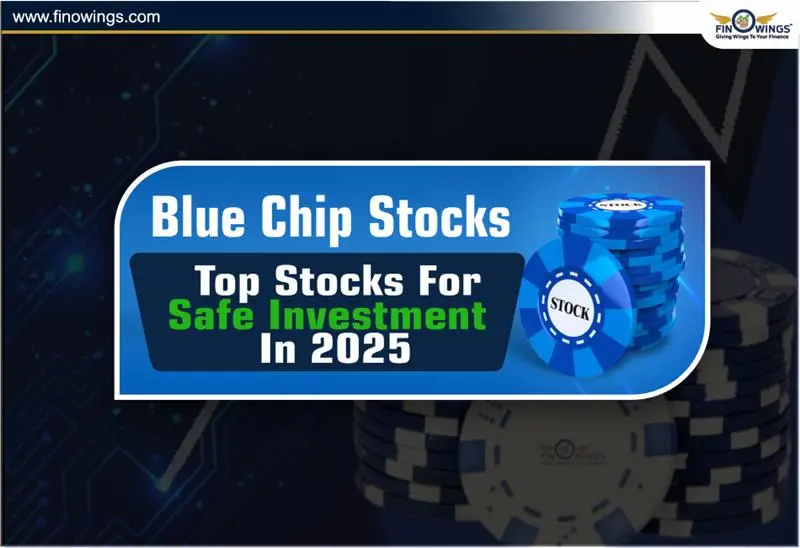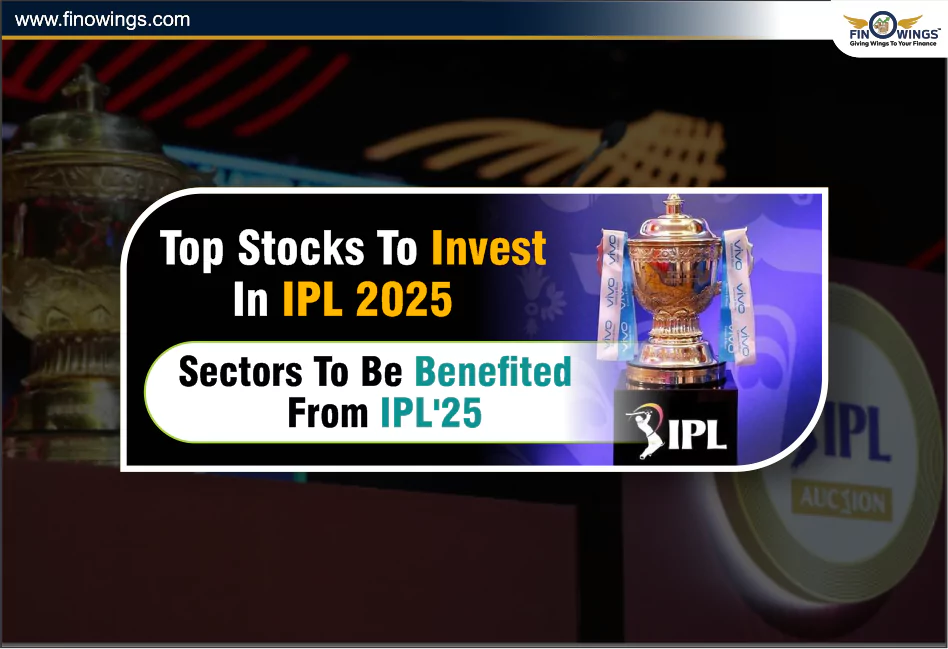Home >> Blog >> Why Salasar Technology Share Rising? Fundamental Analysis
Why Salasar Technology Share Rising? Fundamental Analysis

Table of Contents
The recent Interim budget has brought about significant changes across various sectors and companies, and one standout example is Salaar Technologies. Being closely related with the EV sector, which has been a hot topic since the budget announcement, Salaar Technologies has gained attention. In between several EV stocks experiencing remarkable growth, this blog will specifically be about Salaar Technologies.
With its promising growth path and ambitious initiatives, it's no surprise that investors are considering getting involved. If you're considering investing in the EV sector and contemplating this stock, stay with us till the end as we simplify everything for you.
Company Profile
Established in 2006, Salasar Engineering Limited started its journey as a tower manufacturer and has rapidly evolved into a prominent steel structure manufacturer and EPC infrastructure company. With a focus on delivering comprehensive solutions, the company operates in the telecom, energy, and railways sectors.
Detailed Video
Key Details
-
Salasar Engineering Limited provides comprehensive solutions for the telecom and solar sectors, including engineering, designing, fabrication, galvanization, and deployment services.
-
Specialising in erecting towers and transmission line towers in the EPC segment.
-
Telecom Towers Supplied: 50,000+
-
Annual Production Capacity: 1,15,000 Metric Tons Per Annum (MTPA)
-
Power Transmission Lines Executed: 702 Kilometres (KMS)
-
Railway Track Electrification Executed: 588 Kilometres (KMS)
Geographical Presence
-
Salasar Engineering Limited operates across India and serves clients in over 25 nations, spanning West Africa, East Africa, Central Africa, Philippines, Saudi Arabia, Nepal, Myanmar, among others.
Manufacturing Facilities
-
The company runs three manufacturing facilities in Uttar Pradesh, equipped with advanced machinery such as CNC machines, industrial machinery, hydra, and cranes for precision manufacturing and efficient product handling.
Understanding the Financials
-
Revenue Growth: Salasar Technology has demonstrated significant revenue growth across its segments. In Q2 FY-2024, revenue from steel structure manufacturing increased to 72% from 65% in Q2 FY-23. EPC power transmission contributed 23% of revenue in Q2 FY-2024, up from 13% in the previous year. However, revenue from EPC railway electrification decreased to 5% in Q2 FY-2024 from 22% in Q2 FY-23.
-
Order Book: As of June 2024, Salasar Technology's total order book value stood at Rs. 1,440 crores. This includes domestic EPC orders valued at Rs. 1,009 crores, international EPC orders at Rs. 211 crores, and orders for heavy steel structures, monopoles, and telecom tower exports.
-
Financial Performance: While the company's top-line figures appear strong, its cash flow statement reveals some concerning trends. The cash flow from operating activities has been negative for the past three years, indicating a struggle to generate cash from core operations. This is compensated by financing activities, where the company has been consistently borrowing to sustain its operations.
-
Debt-Equity Ratio: Salasar Technology's debt-equity ratio is 0.83, significantly higher than the industry standard of 0.33. This suggests that the company relies heavily on debt financing, which can pose risks, especially if not managed effectively.
-
Interest Coverage Ratio: The interest coverage ratio, at 2.71, indicates that the company's profits are 2.71 times the amount of its interest obligations. While this seems healthy, it falls short when compared to the industry average of 4.41, indicating that Salasar Technology may be struggling to cover its interest expenses efficiently.
-
Sales Variance: The company's sales variance over five years is 15%, slightly higher than the industry average of around 11%. However, over the past three years, the sales variance is comparable to peers, suggesting limited growth acceleration.
-
Debtors Days and Days Payable: Salasar Technology's debtor days have been consistently increasing, indicating delays in receiving payments from customers. On the other hand, days payable have not increased proportionately, indicating potential liquidity issues and poor credit management.
-
Valuation: Salasar Technology's PE ratio is around 100, significantly higher than its peers, indicating overvaluation. Similarly, its PEG ratio of 14.4 suggests an inflated valuation compared to expected earnings growth.
Concerns
While Salasar Technology boasts consistent growth in sales, operating profit, and net profit, there are minor concerns that need attention. The company's cash flow from operating activities has been significantly negative which indicates a struggle to generate cash from core operations. This raises questions about the sustainability of its business model and the efficiency of its operations.
Another key area of concern is Salasar Technology's increasing reliance on debt to finance its operations. While borrowing is common in the engineering industry, the company's high debt-equity ratio raises red flags about its financial health. Additionally, the company's interest coverage ratio, which measures its ability to service its debt, lags behind industry standards, signaling potential trouble ahead.
Conclusion
In conclusion, while Salasar Technology appears strong on the surface with its revenue growth and order book, a deeper analysis of its financials reveals underlying challenges. The company's reliance on debt financing, inefficient cash flow management, and stretched valuation metrics raise red flags for investors. It's crucial for investors to conduct thorough research and analysis before making investment decisions, looking beyond surface-level indicators to understand the true financial health of the company.
Disclaimer : This Stock Analysis is only for informational purposes and should not be considered as investment advice. Always do your research and consult with a financial advisor before investing in the share market.




















